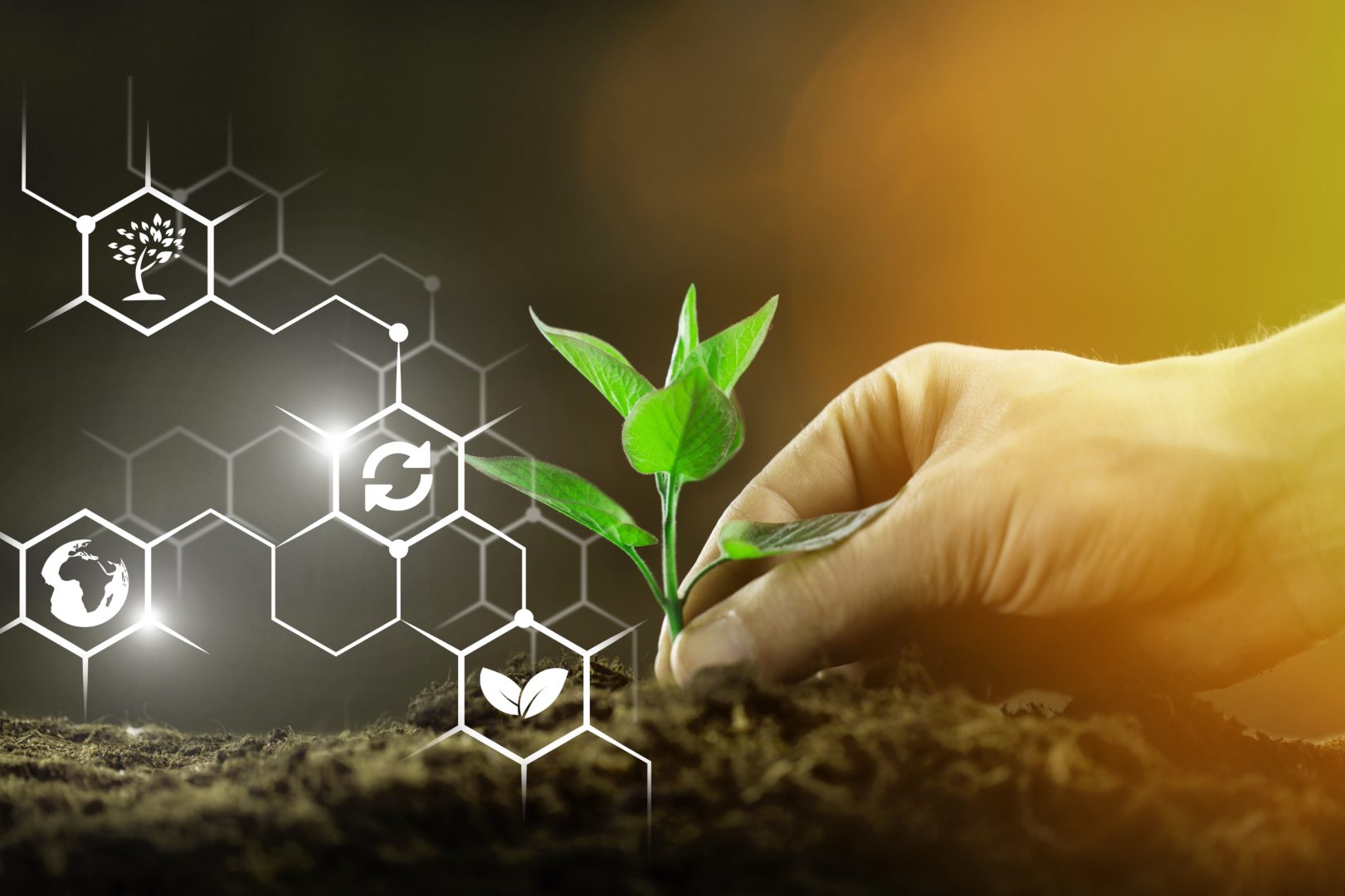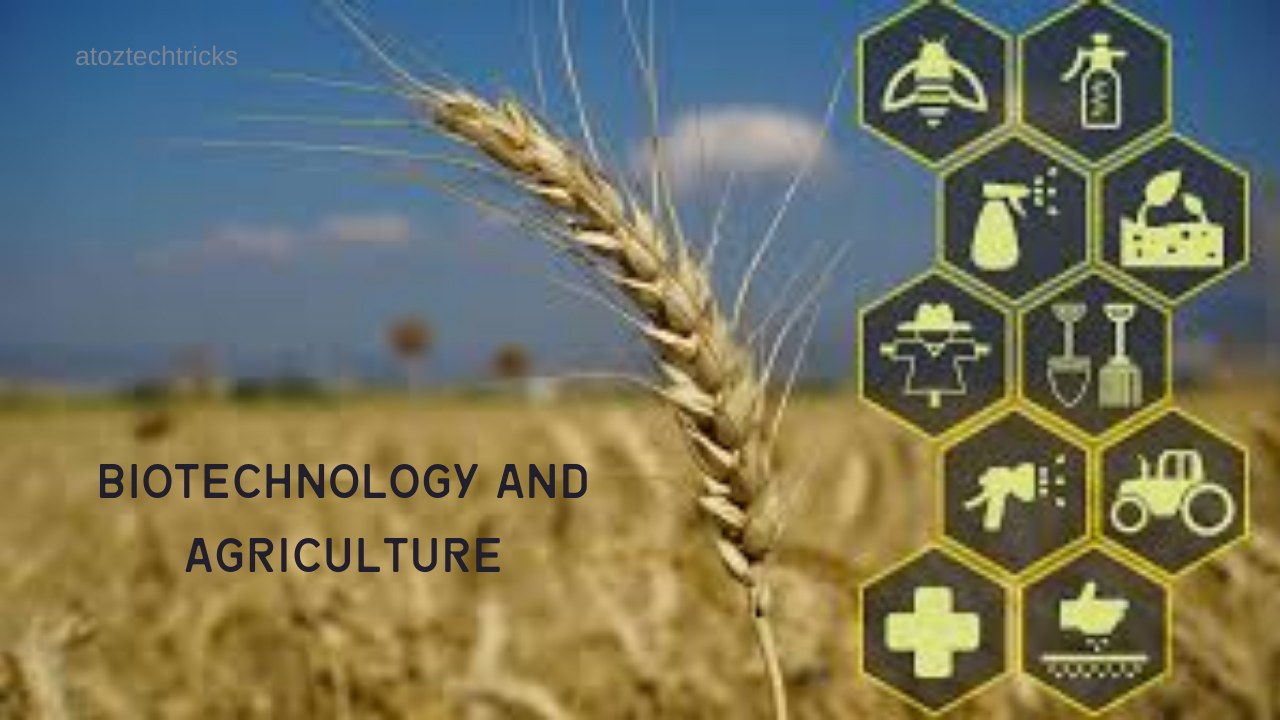Biotechnology and Agriculture: Transforming the Future of Food Production
Biotechnology, a field that merges biological sciences with technology, has been pivotal in transforming various industries, including agriculture. The application of biotechnology in agriculture has revolutionized the way we grow, manage, and consume crops and livestock. This integration has led to significant improvements in crop yields, pest resistance, and food security. This article explores the impact of biotechnology on agriculture, its benefits and challenges, and prospects.
What is Biotechnology in Agriculture?
Biotechnology in agriculture refers to the use of scientific techniques to improve plants, animals, and microorganisms to enhance crop productivity, quality, and resilience. This involves various methods, including genetic engineering, molecular markers, tissue culture, and bioinformatics.
The Ethics of Genetic Engineering and Gene Editing: Navigating the Moral Frontier
Genetic Engineering
Genetic engineering is one of the most prominent applications of biotechnology in agriculture. It involves the direct manipulation of an organism’s genome using biotechnology tools. This method allows scientists to introduce new traits or enhance existing ones in crops and livestock. For example, genetically modified (GM) crops can be engineered to be resistant to pests, diseases, or herbicides, and to tolerate environmental stresses such as drought.
Molecular Markers
Molecular markers are DNA sequences that are associated with specific traits in plants or animals. They are used in marker-assisted selection (MAS) to identify and select individuals with desirable traits more efficiently than traditional breeding methods. This technique accelerates the development of improved crop varieties and livestock breeds.
Tissue Culture
Tissue culture involves growing plants in a controlled, sterile environment using nutrient media. This method is used to propagate plants, produce disease-free plants, and regenerate plants from small tissue samples. Tissue culture is essential for the mass production of uniform plant varieties and the conservation of plant genetic resources.
Bioinformatics
Bioinformatics involves the use of computer technology to manage and analyze biological data. In agriculture, bioinformatics helps in the analysis of genomic data, the development of new crop varieties, and the understanding of plant and animal diseases. It plays a crucial role in integrating data from various sources to enhance agricultural research and development.

Benefits of Biotechnology in Agriculture
Biotechnology has brought numerous benefits to agriculture, enhancing productivity, sustainability, and food security. Here are some of the key advantages:
Increased Crop Yields
Biotechnology has significantly increased crop yields by developing crops that are more resistant to pests, diseases, and environmental stresses. For instance, genetically modified (GM) crops like Bt corn and Bt cotton produce a protein that is toxic to specific pests, reducing the need for chemical pesticides and leading to higher yields.
Improved Nutritional Content
Biotechnology has enabled the development of crops with enhanced nutritional profiles. Golden Rice, for example, is engineered to produce higher levels of beta-carotene, a precursor to vitamin A. This biofortification can help address nutrient deficiencies, particularly in developing countries where vitamin A deficiency is prevalent.
Enhanced Resistance to Pests and Diseases
Genetic modification has led to the development of crops with built-in resistance to pests and diseases. For example, GM crops such as herbicide-resistant soybeans allow farmers to control weeds more effectively without damaging the crops. This reduces the need for chemical herbicides and helps in sustainable farming practices.
Reduced Environmental Impact
Biotechnology can reduce the environmental impact of agriculture. Crops engineered for drought tolerance, such as drought-resistant maize, require less water, which conserves water resources and reduces the risk of soil erosion. Additionally, biotech crops that require fewer chemical inputs can lower the environmental footprint of farming.
Efficient Resource Use
Biotechnology improves the efficiency of resource use in agriculture. For instance, genetically modified crops that utilize nutrients more efficiently can lead to reduced fertilizer use, minimizing the risk of nutrient runoff into water bodies. This helps in reducing pollution and preserving soil health.
Challenges and Controversies
Despite its numerous benefits, biotechnology in agriculture also faces challenges and controversies. These include:
Ethical and Environmental Concerns
The use of genetic modification in agriculture raises ethical and environmental concerns. Some critics argue that GM crops may have unintended consequences on ecosystems and biodiversity. There are concerns about the long-term effects of consuming GM foods on human health and the environment.
Regulatory Hurdles
Regulating genetically modified organisms (GMOs) is complex and varies by country. Different countries have different standards and procedures for the approval and labelling of GM crops. This regulatory complexity can hinder the development and adoption of biotechnological innovations.
Public Perception
Public perception of biotechnology in agriculture is often polarized. Some people support the technology for its potential to improve food security and sustainability, while others are wary of GMOs and their potential risks. Effective communication and education are essential to address public concerns and build trust.
Intellectual Property Issues
Biotechnology involves significant investments in research and development, leading to issues related to intellectual property rights. Patents on genetically modified seeds and technologies can lead to monopolies and limit access for small-scale farmers. Ensuring fair access and addressing intellectual property concerns are important for equitable development.
Future Prospects
The future of biotechnology in agriculture holds exciting possibilities for further advancements and innovations. Some key areas of focus include:
Precision Agriculture
Precision agriculture uses advanced technologies such as GPS, sensors, and data analytics to optimize farming practices. Biotechnology can enhance precision agriculture by developing crops with specific traits tailored to local conditions and by providing data-driven insights for better decision-making.
CRISPR and Gene Editing
CRISPR-Cas9 is a revolutionary gene-editing technology that allows precise modifications to an organism’s DNA. This technology has the potential to create crops with desired traits more efficiently and accurately than traditional genetic engineering methods. CRISPR holds promise for addressing challenges such as crop diseases and climate change.
Sustainable Farming Practices
Biotechnology can contribute to sustainable farming practices by developing crops that require fewer resources and have reduced environmental impacts. Innovations in biotechnology can help create crops that are more resilient to climate change, reduce greenhouse gas emissions, and support biodiversity.
Biofortification and Nutrient Enhancement
Biofortification through biotechnology can continue to play a crucial role in improving the nutritional quality of food. Future advancements may lead to crops with higher levels of essential vitamins and minerals, addressing global nutritional deficiencies and enhancing public health.
Integrated Pest Management
Biotechnology can support integrated pest management (IPM) strategies by developing pest-resistant crops and biological control agents. This approach combines multiple pest management techniques to reduce reliance on chemical pesticides and minimize environmental impacts.

Biotechnology has transformed agriculture by enhancing crop productivity, improving food quality, and promoting sustainability. While there are challenges and controversies surrounding its use, the potential benefits of biotechnology in agriculture are substantial. Continued research, innovation, and dialogue are essential to address concerns and harness the full potential of biotechnology for the future of food production. As we move forward, biotechnology will play a critical role in shaping the future of agriculture and ensuring a secure and sustainable food supply for a growing global population.




Post Comment